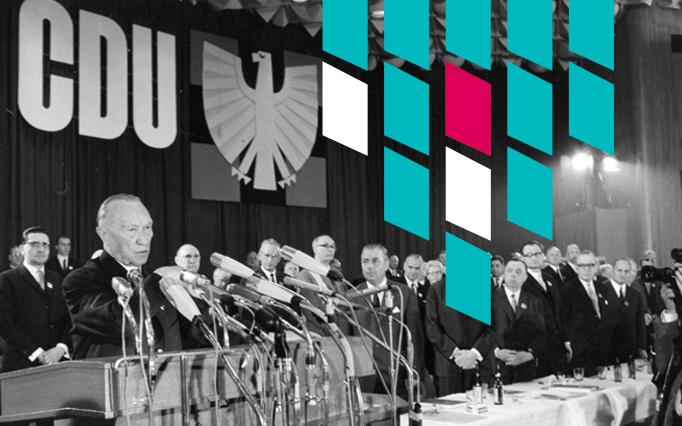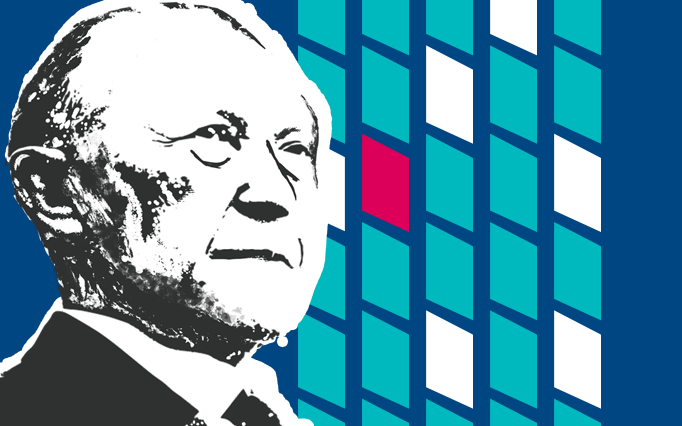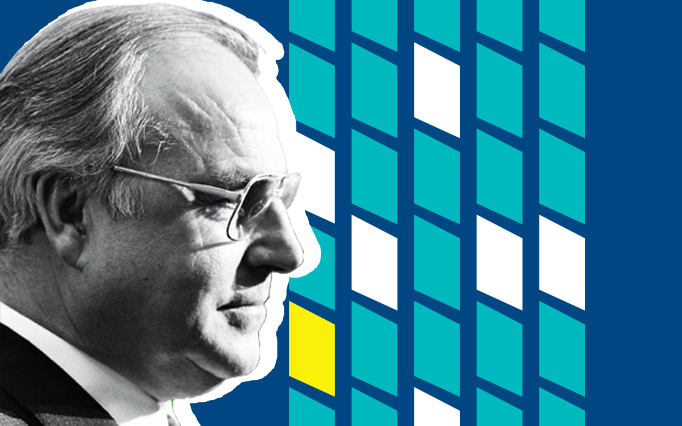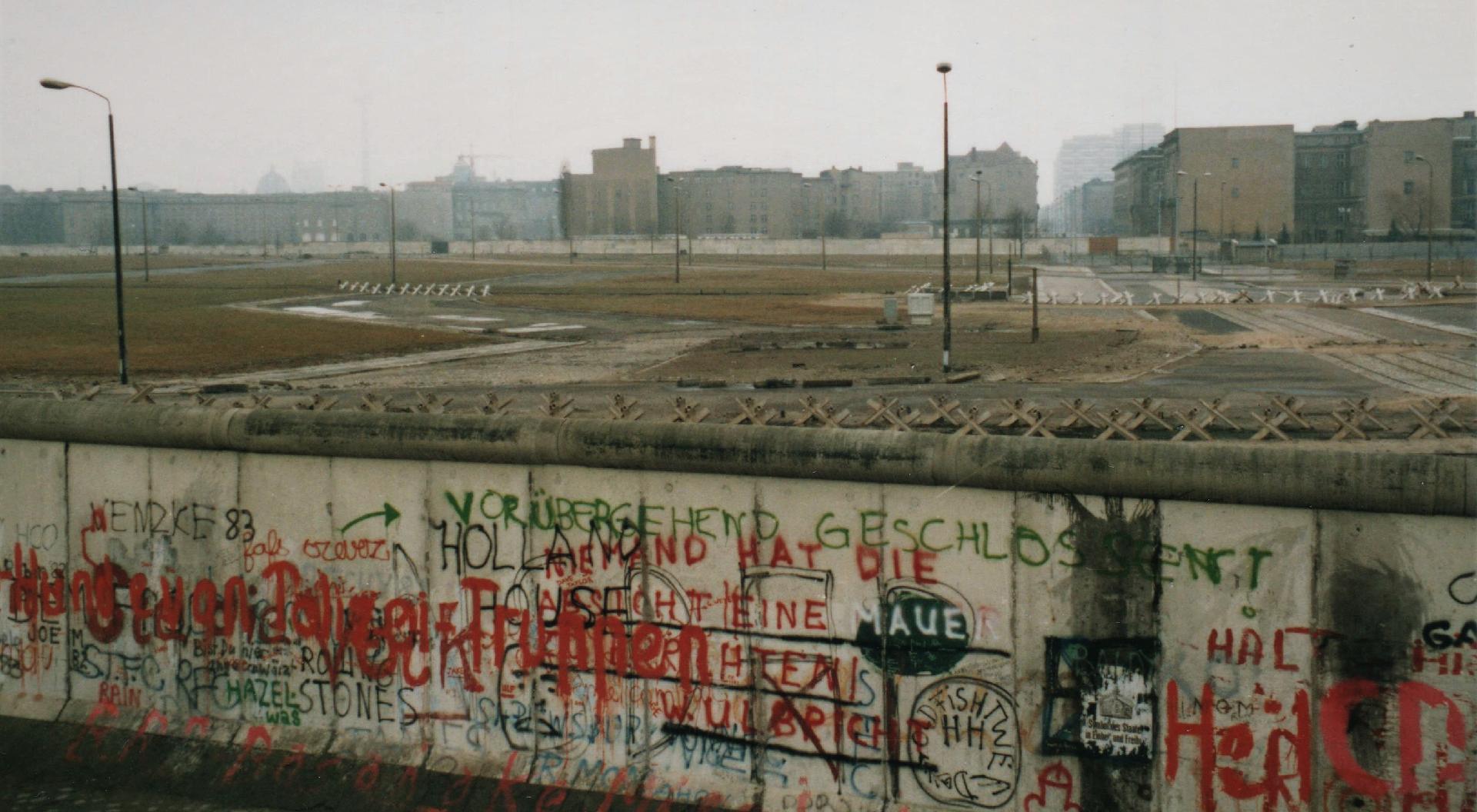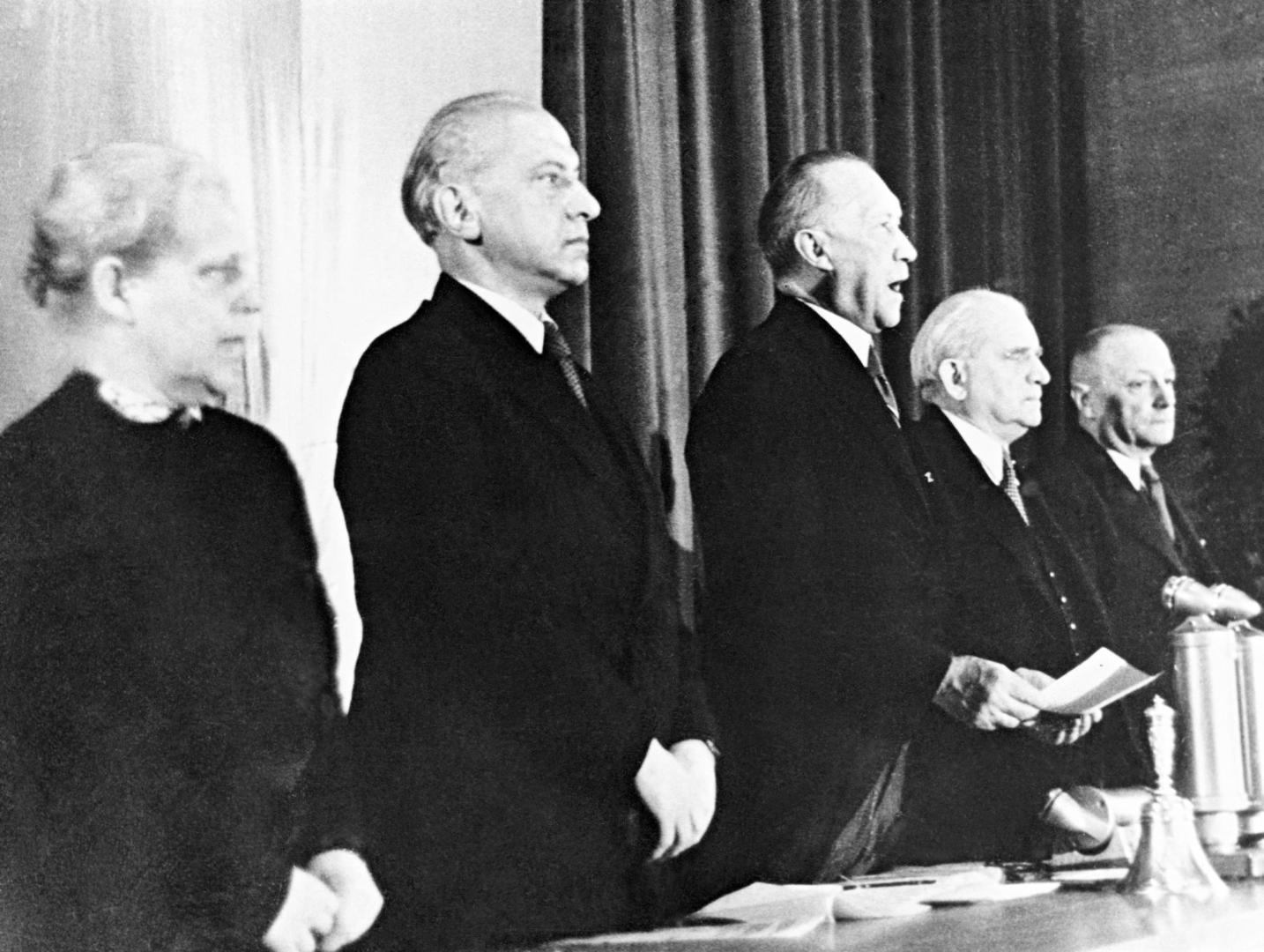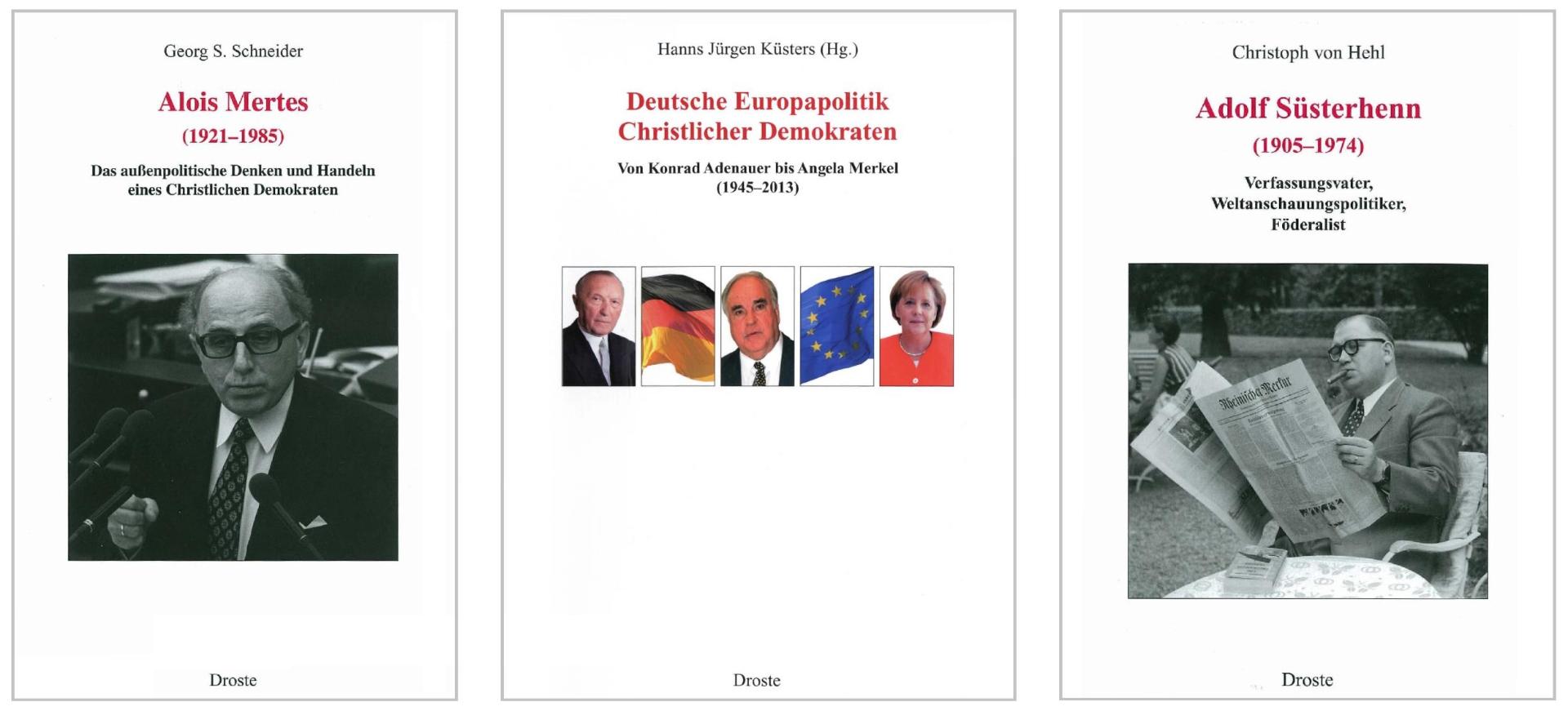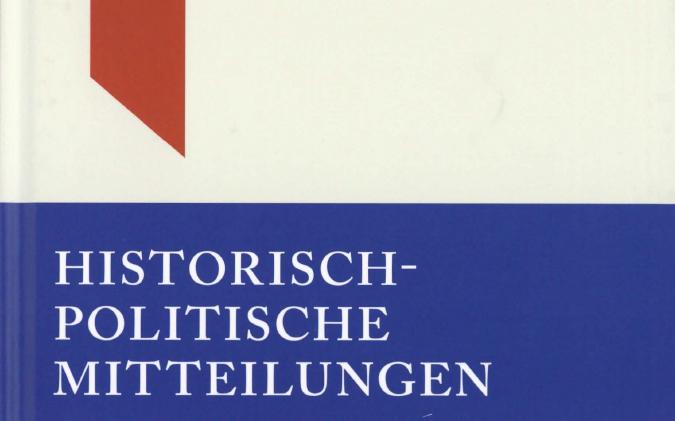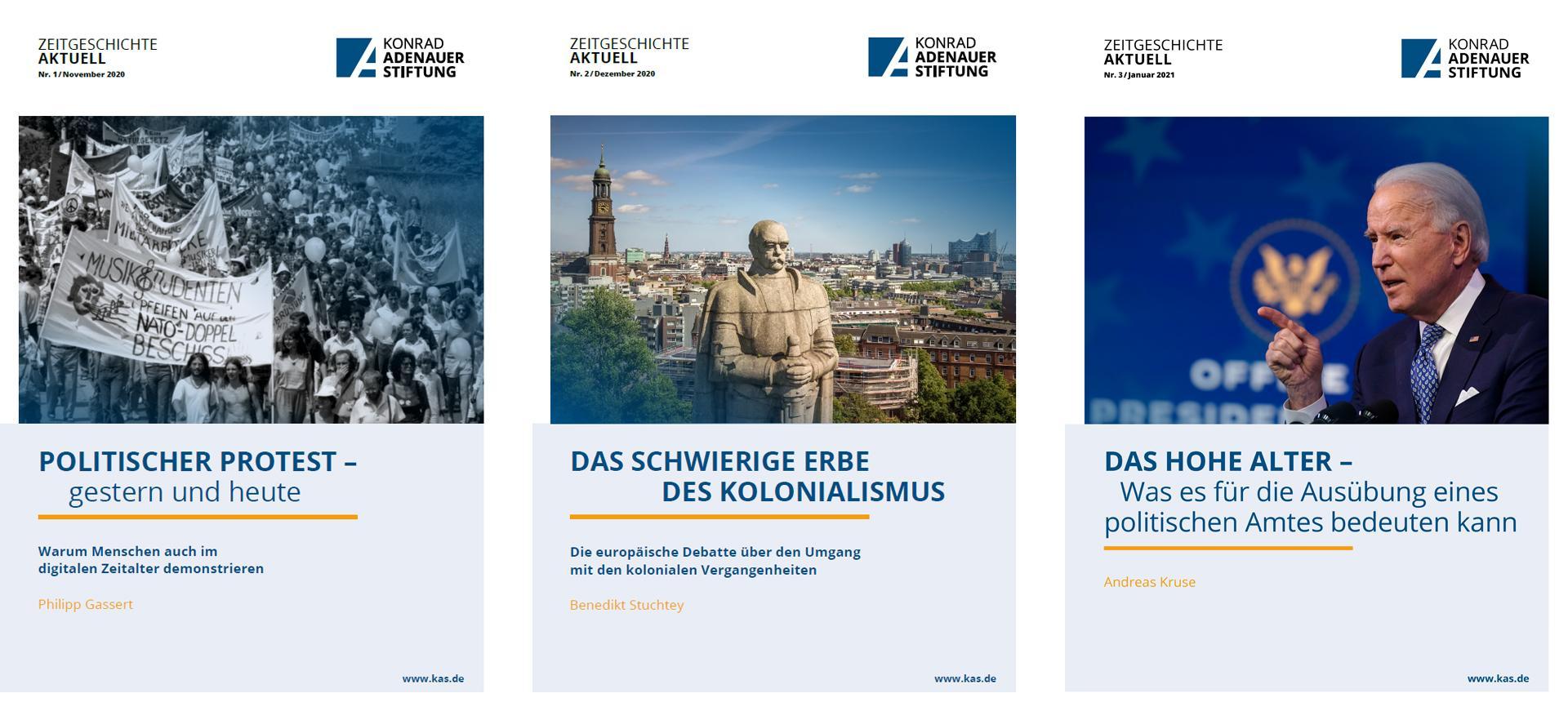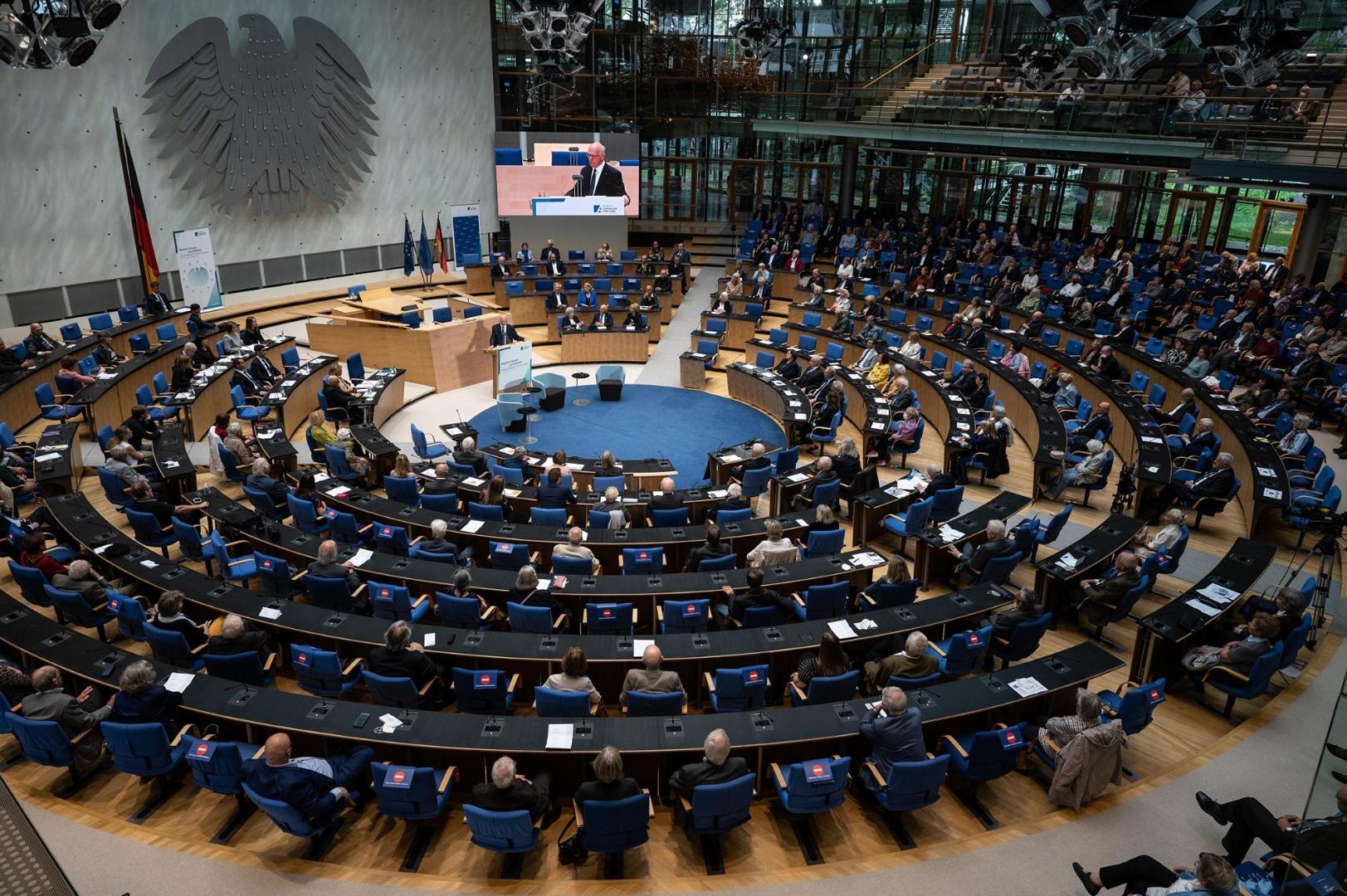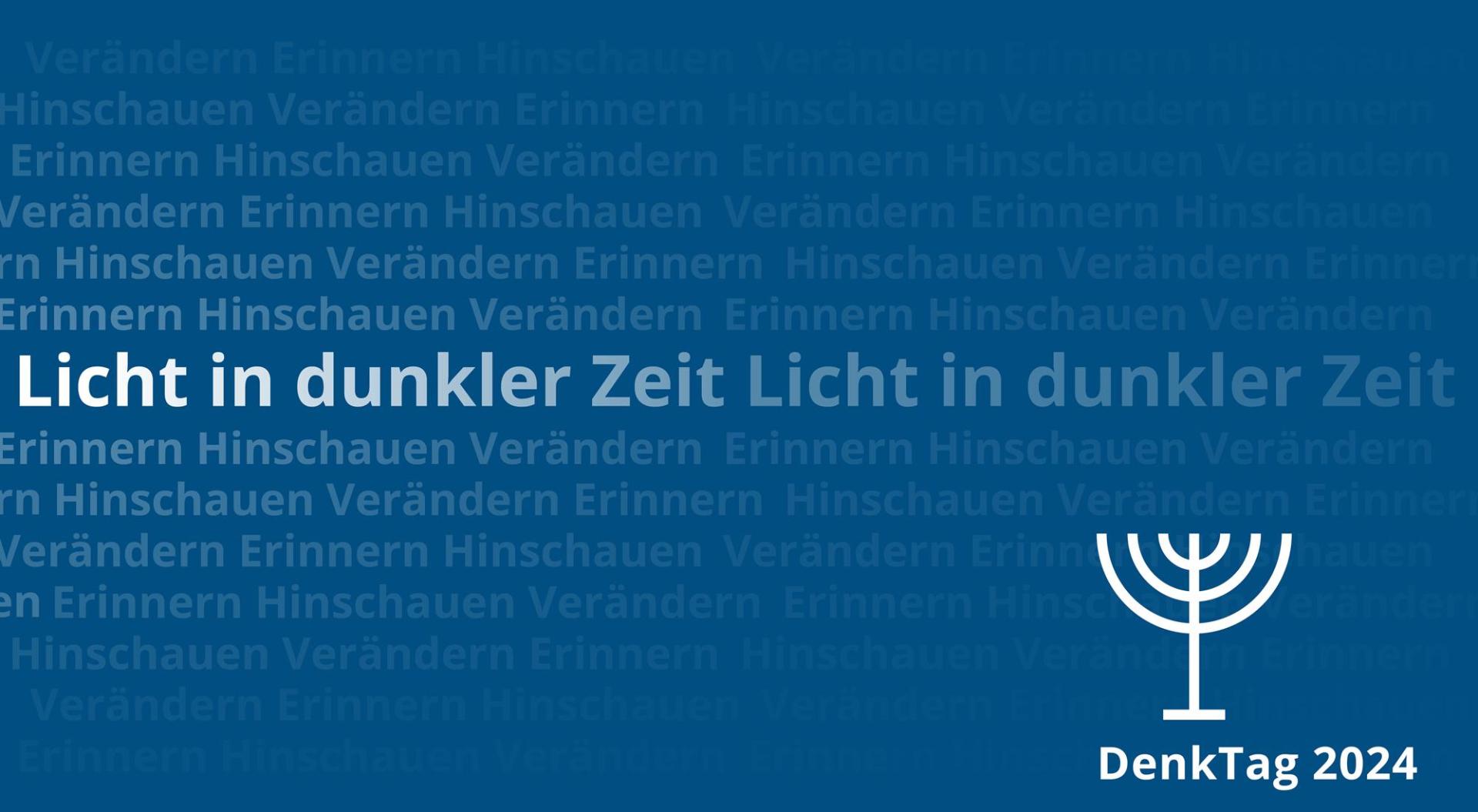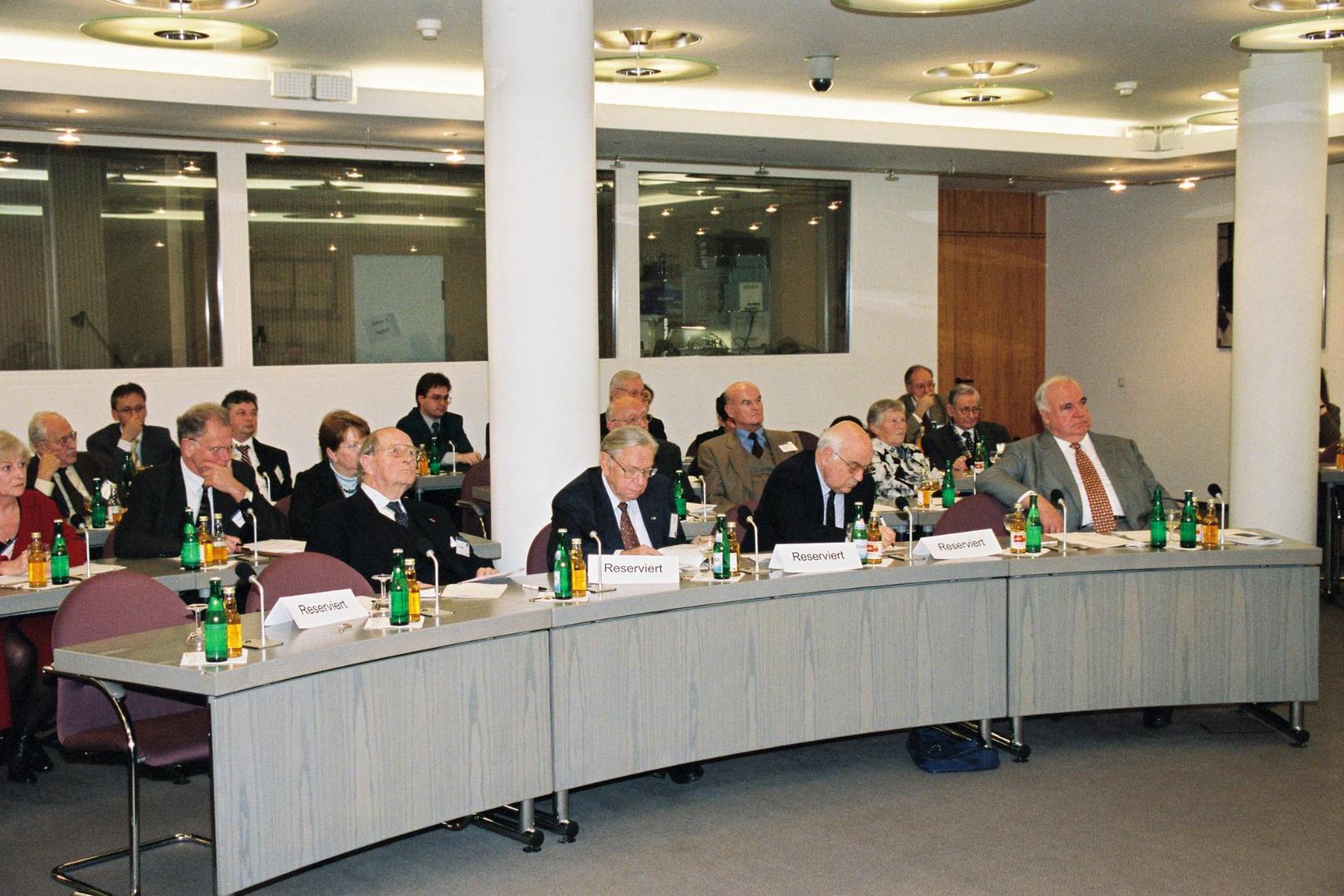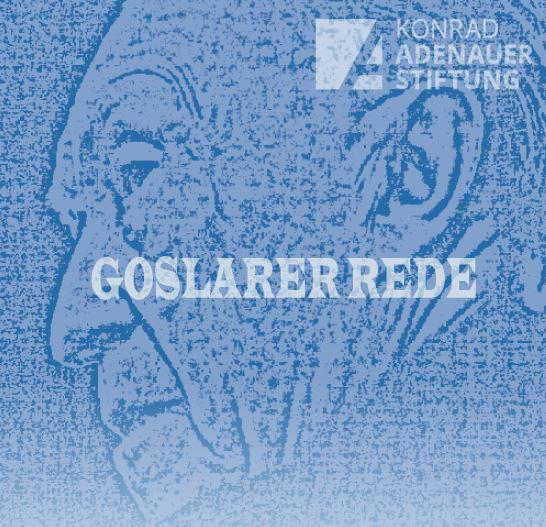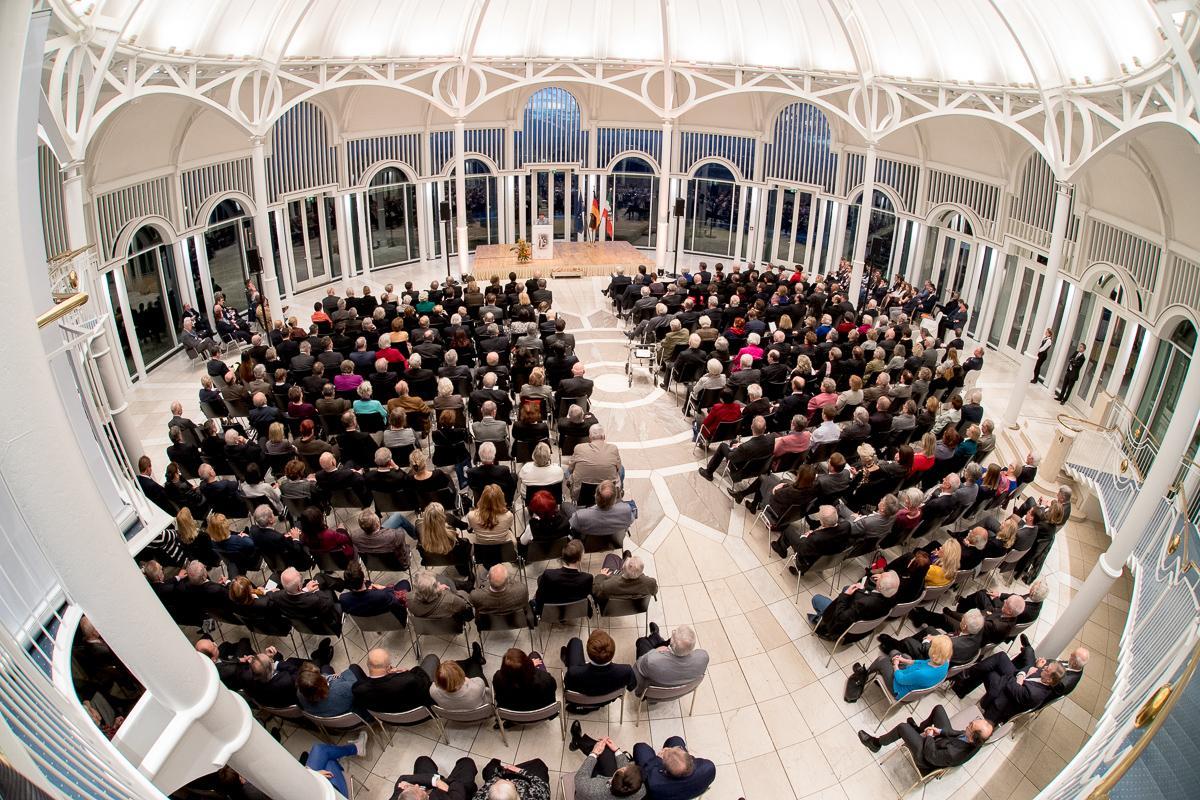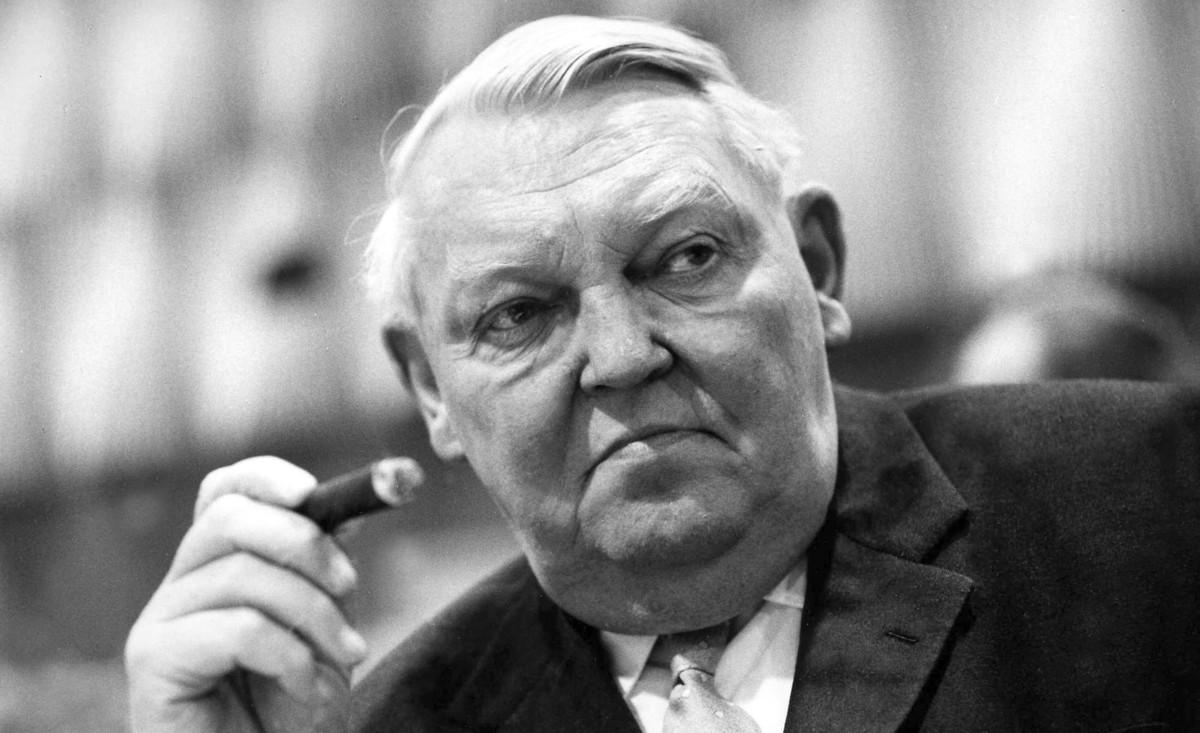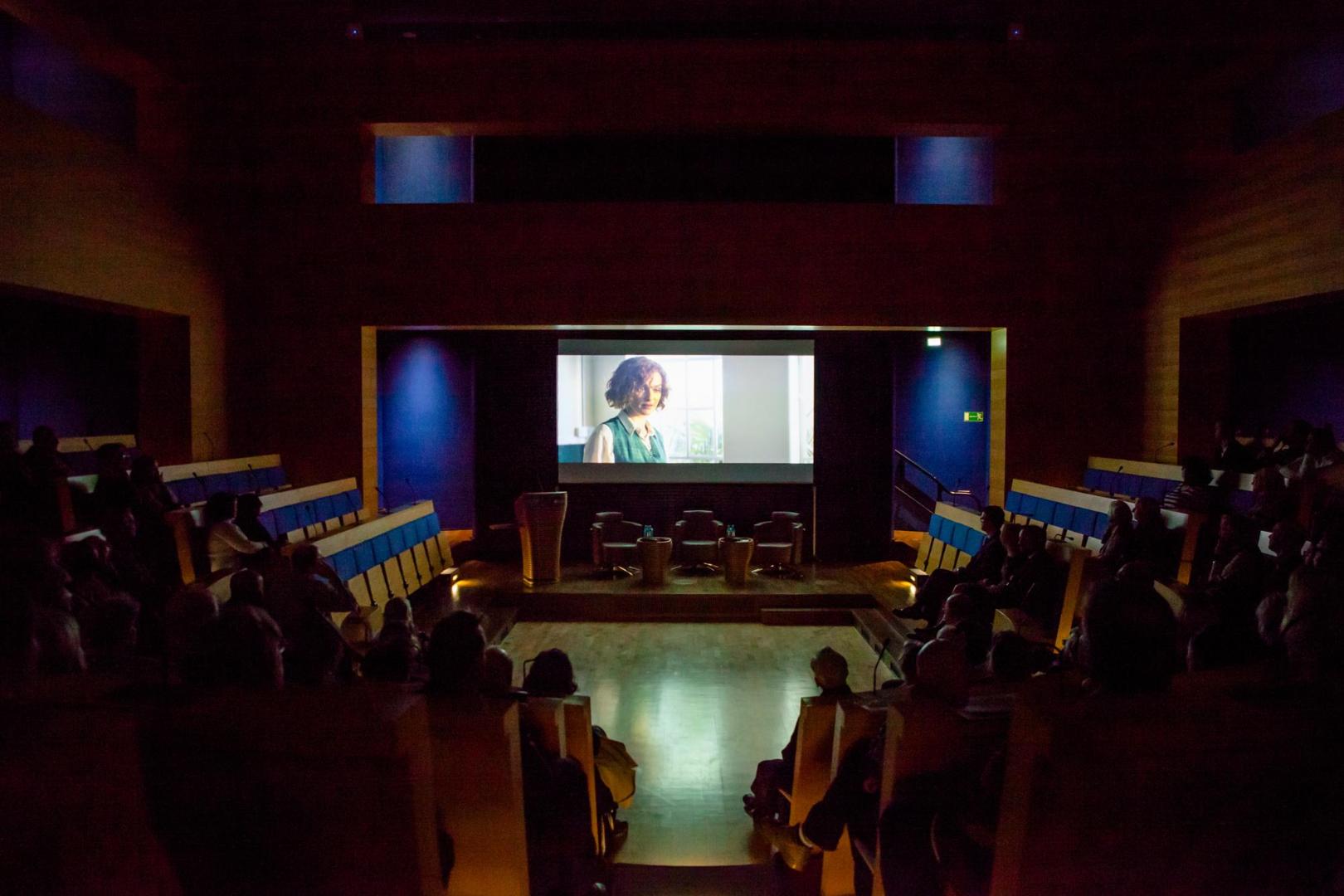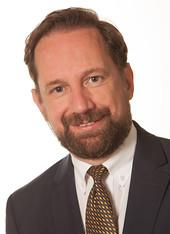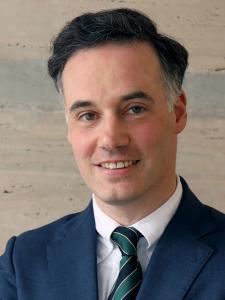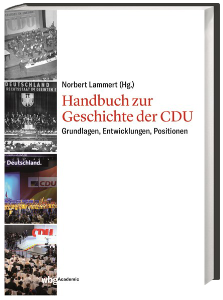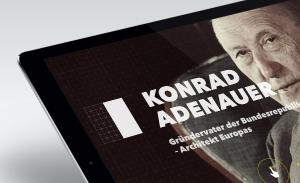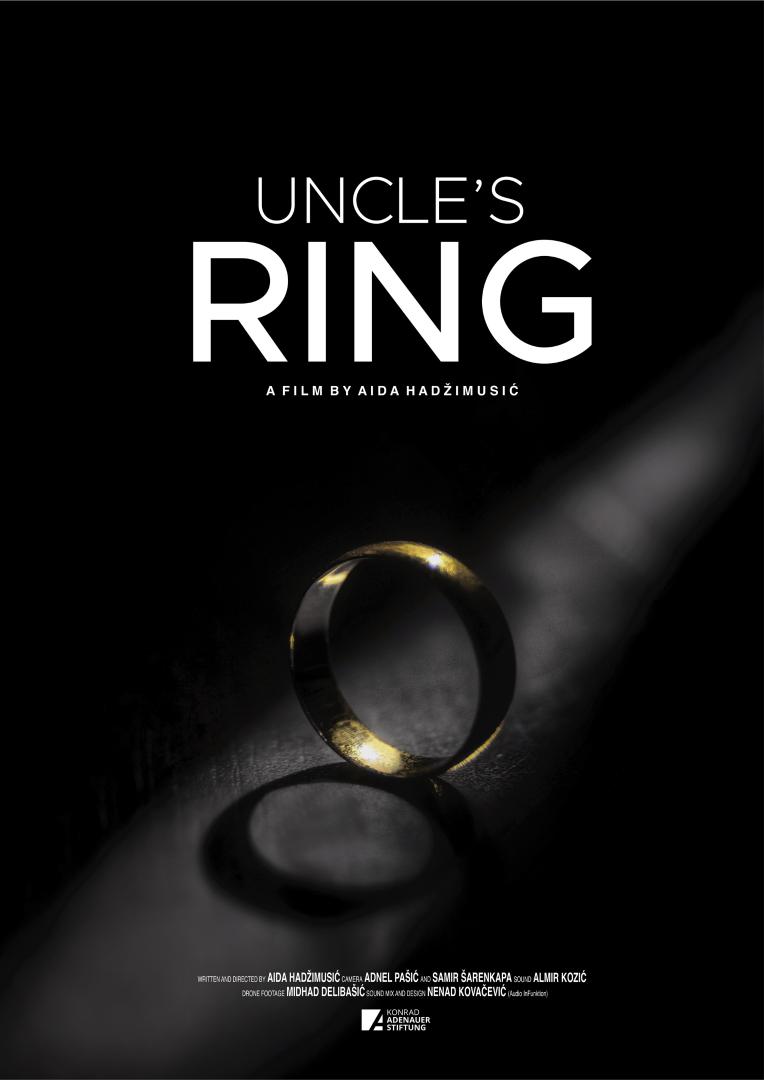In my opinion, you cannot make a good impact on the future if you don’t learn from the past and take with you what is valuable from the past.
At a glance
- Engaging with history helps to understand current developments and provides points of reference and orientation for the future.
- Our examination of historical topics is guided by values. It emerges from a commitment to Adenauer’s political principles and the values of Christian democracy.
- In addition to researching Christian democracy in Germany and Europe, the focal points of our historical work lie in the history of resistance against the Nazi state and the Socialist Unity Party of Germany (SED) regime, European integration and a remembrance of Jewish life and culture in Germany.
- The core element of the Konrad-Adenauer-Stiftung’s cultural remembrance work is the Archive for Christian Democratic Politics, supplemented by internet portals on the history of the CDU, Konrad Adenauer and Helmut Kohl.
Content
1. Value-led historical research
2. Our means of conveying history
3. German and European history as focal points
4. Our offers and projects on the topic
5. Publications, events and media contributions on the topic
Dealing with the past and remembrance plays a role in better understanding the present. Looking at developments that have given rise to the present, also provides orientation for the future. To know where we are going, we must first know where we come from.
Value-led historical research
The Konrad-Adenauer-Stiftung’s preoccupation with German and European history is rooted in a commitment to values of Christian democracy and the principles of Konrad-Adenauer’s politics.
With events and publications on historical topics, we contribute towards safeguarding democracy, civil rights and liberties and parliamentarism in Germany and Europe. We are guided by the historian Hans Rothfel’s understanding of history, who ascertained that history does not form a “counterpart devoid of value”, but instead “something important for mankind.”
Our means of conveying history: the Archive for Christian Democratic Politics and specific online portals
The Archive for Christian Democratic Politics, founded in 1976, represents the heart of the Konrad-Adenauer-Stiftung’s work on remembrance culture. The archive takes care of, evaluates and indexes the CDU’s collections in the Federal Republic and in the SOZ/GDR as well as the European associations of Christian Democracy. Archive documents encompassing more than 19 kilometres of shelving are available to users in the framework of the legal provisions.
With internet portals on the history of the CDU, the life and works of Konrad Adenauer and Helmut Kohl, as well as the history of the GDR, we provide documents, texts and multi-media content for academia, historical learning and historical discourse in a pluralistic society.
German and European history as focal points
Our events in Germany and abroad are dedicated to the history of democracy in Germany and Europe, the history of resistance against National Socialism, and against the SED regime, alongside the history of European integration and the memory of Jewish life and culture in Germany.
Archive for Christian democratic politics (ACDP)
The archive material for Christian Democratic politics (ACDP) comprises records of the CDU federal party, the CDU/CSU parliamentary group in the German Bundestag, the regional divisions and associations of the CDU, the CDU in the Soviet Occupation Zone/German Democratic Republic, the European associations of Christian Democrats, as well as personal papers of the Union’s leading elected representatives and office-holders throughout Germany and Europe.
Further information and contact persons can be found under Inventory Overview/Database Search.
Learn more about the Archive for Christian Democratic Politics
History of the CDU
The online portal presents a number of sources, essays and articles on everything to do with the history of the CDU as part of the general German and European history. Information and sources on the development and on key representatives of Christian Democracy are provided. While also dealing with the history of ideas of Christian Democracy as well as predecessor parties of the CDU and CSU. We participate in current debates with essays on contemporary history.
Public history portal ‘Geschichtsbewusst’
Well-founded and comprehensibly presented: On our public history portal ‘Geschichtsbewusst’, we regularly publish publications by experts (essays, Zeitgeschichte Aktuell and event reports) and videos on current contemporary historical topics and debates.
Konrad Adenauer
The online portal “Konrad Adenauer”, jointly created with the Stiftung Bundeskanzler-Adenauer-Haus in Rhöndorf, is a comprehensive internet platform on the biography of the first German Chancellor. Here you will find phases in life and overviews tracing Adenauer’s life and his political convictions. You will also be in introduced to a photo gallery, a genealogical table and compilation of Adenauer’s inventions and patents as well as an extensive collection of proven quotations. What is more, the portal points the way to familiar and new sources. The range of material is rounded off by explanatory keywords, short biographies of companions and a detailed calendar.
Helmut Kohl
The online portal provides sources and information on the life and works of Helmut Kohl (1930 to 2017). Thematic articles are devoted to his political convictions and to individual policy fields. The portal is complemented by photo galleries, keywords, biographical information on companions, documents and a bibliography.
History of the GDR
The GDR Tutorial on the Adenauer Campus, the Konrad-Adenauer-Stiftung’s digital learning platform, uses exciting and often interactive content to inform you about various aspects of the German Democratic Republic. Whether myth or reality, state and society or life and everyday life – the GDR Tutorial presents a myriad of freely available information and is aimed at teachers, pupils and politically interested citizens alike.
150 years of Konrad Adenauer – “We choose freedom!”
Discover how Konrad Adenauer – 150 years after his birth – continues to inspire us today. Under the motto “We choose freedom!”, we invite you to attend over 150 events worldwide. Immerse yourself in his vision of democracy, europe, the rule of law, security and the social market economy – and experience how his legacy is gaining in importance in an increasingly complex world.
75 years of the Federal Republic of Germany
Founded as a provisional arrangement, the Federal Republic of Germany developed into a stable liberal democracy. Even today, we still benefit from the foundations that Konrad Adenauer laid as the first Federal Chancellor with the social market economy, European integration, the transatlantic partnership and reconciliation with former wartime enemies and Israel.
Learn more about “75 years of the Federal Republic of Germany”
Publication series
The Konrad-Adenauer-Stiftung publishes several publication series with a focus on contemporary historical topics.
Research and Sources on Contemporary History
In the “Research and Sources on Contemporary History” series, the Archive for Christian Democratic Politics has been publishing academic studies on Christian Democracy, depictions on the history of the Federal Republic and the CDU, along with biographies of important representatives since 1980.
Learn more about the Research and Sources on Contemporary History
Historical-Political Communications
The Konrad-Adenauer-Stiftung’s “Historisch-Politischen Mitteilungen” (Historical-Political Communications), published once each year, present a forum for research and depictions on the history of Christian democratic movements and parties and their historical background in the context of intellectual, political and social developments of the 19th and 20th centuries. The thematic focus is on Germany and Europe.
Zeitgeschichte AKTUELL
It is often that case that current debates require a foundation in contemporary history. Knowledge about the origins and background of conflicts also enables better evaluation and decision-making. Against this background, there is a great need for orientation, especially in politics. The Konrad-Adenauer-Stiftung would like to support this. The publication series “Zeitgeschichte AKTUELL” (Current Contemporary History), identifies current discourse and explains the historical background and contexts.
Event series
The Konrad-Adenauer-Stiftung offers a number of events with historical relevance. Particularly worthy of mention here are our regular event series that deal with various aspects of contemporary history.
Bonn Forum on Unity
Each year, on 3 October, the Day of Germany Unity, the Konrad-Adenauer-Stiftung holds a ceremony in the former plenary hall of the German Bundestag in Bonn. During the event, which is one of the most important events in the Rhineland on this day, discussions take place on central political and historical topics of the 21st century, among other things.
DenkTag
27 January has been an official day of remembrance for the victims of National Socialism in Germany since 1996 and on the initiative of the then Federal President Roman Herzog. It was on this day that the Nazi concentration and extermination camp Auschwitz-Birkenau was liberated by the Red Army. For many years, the Konrad-Adenauer-Stiftung has used 27 January as an occasion to conduct a series projects and events throughout Germany. In numerous federal states, readings and talks with contemporary witnesses take place or exhibitions are organised.
The Kohl Era Under Discussion
With the series “The Kohl Era Under Discussion”, the Konrad-Adenauer-Stiftung offers a platform for discussion between contemporary witnesses and academics. The goal is to historicise Helmut Kohl’s chancellorship and to inspire questions, debates and research.
Forum 20 July 1944 – Legacy and Future Mission
With the “Forum 20 July 1944 – Legacy and Future Mission” series, the Konrad-Adenauer-Stiftung, in cooperation with the Stiftung 20. Juli 1944, honours the resistance fighters against National Socialism and keeps their memory alive. The focal point of the annual event are issues of civil courage and civic engagement for society as prerequisites of a liberal, democratic and constitutional state.
Goslar Speech
The first CDU federal party conference took place between 20 and 22 October 1950 in the old imperial city of Goslar. Under the motto “Unity, Justice and Freedom”, the federal party was established from the hitherto largely independent state parties. With the Goslar speech, the Konrad-Adenauer-Stiftung commemorates this event every year. In conjunction with remembrance, the main emphasis of the event series are current Christian democratic issues, about which prominent politicians from the ranks of the CDU usually attend as speakers.
Living Tribute to Konrad Adenauer
Konrad Adenauer’s birthday is on 5 January. For many years now, the Konrad-Adenauer-Stiftung has used this as an occasion to invite the public to a joint annual kick-off event with the Stiftung Bundeskanzler-Adenauer-Haus. The event, where predominantly relatives, companions and citizens connected to the first German Chancellor of the Federal Republic of Germany gather at the Steigenberger Grandhotel on the Petersberg near Bonn, is framed by a wreath-laying ceremony on the Rhöndorf Waldfriedhof (forest cemetery).
Ludwig-Erhard Colloquium
With the Ludwig-Erhard Colloquium, the Konrad-Adenauer-Stiftung presents a joint event with the Ludwig-Erhard-Stiftung, which is devoted not only to the memory of the first Federal German Minister of Economics, but above all discusses aspects of economic history with a view to current regulatory policy debates. We want to use these connecting lines between history and the present to contribute towards shaping and further developing the social market economy.
Contemporary History Film Series
At irregular intervals – but at least once a year – the Konrad-Adenauer-Stiftung invites you to the Contemporary History Film Series. Since 2017, we have been showing contemporary films on historically and politically relevant topics. The goal of the series is to bring history to life and make it tangible for the widest possible audience, while also placing the film content in a historical context.
In the Footsteps of Konrad Adenauer on Lake Como
Lake Como has beguiled poets, writers, musicians and artists as well as princes, kings, and politicians. Its picturesque villages with many villas and palaces bear witness to this. From 1959, Konrad Adenauer spent many holidays at Villa la Collina, situated high above the lake. It is from here where Adenauer also shaped German politics. Some of the ministers that he received at the villa included Richard Stücklen, Heinrich von Brentano, Theodor Blank and Franz-Josef Strauß. The villa became a kind of “substitute chancellery” – governance took place via telephone and telefax. This historical place will provide you with an insight into the work and life of the first Federal Chancellor. You would like to combine your political interest with a stay at one of the most beautiful lakes in Europe? Then we cordially invite you to our seminars in Cadenabbia.





